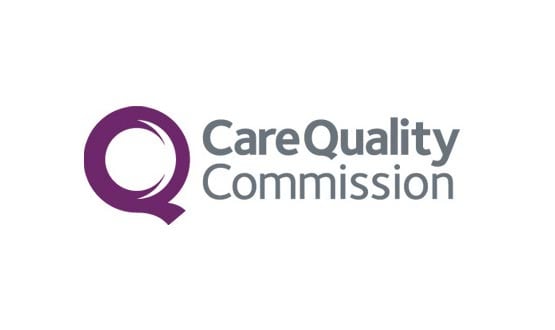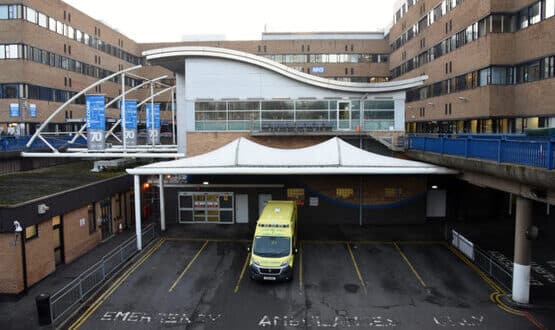CQC inspection powers questioned
- 1 October 2012

Dr Mary Hawking has raised concerns about the inspection powers of the Care Quality Commission regarding access to individual patient records without the explicit consent of patients.
Starting next April, every GP practice in England will be inspected by the CQC once every two years. Practices will be assessed against key quality standards and reports will be published.
The CQC has the power to examine GP patient records during inspections, but said this will only be done in “very specific circumstances” and “subject to a rigorous confidentiality policy.”
Bedfordshire GP, Dr Hawking, has asked the commission what its procedures will be regarding consent, confidentiality and training for inspectors.
Dr Hawking points out that primary care records are not kept in the same way as hospital or care home records.
In order for inspectors to deduce something like whether or not a GP has discussed all treatment options with a patient, they would need to read the medical records in “extreme detail."
“We don’t know what the CQC is looking for. If they are looking for evidence that treatment options have been discussed, they are not going to find it,” she added.
She also questioned the degree of anonymisation techniques available and the storage, protection and distribution of the any personal identifiable data extracted from the records, especially as final reports will be publicly available.
In a response to Dr Hawking, the CQC says it will only require GPs to provide access to personal medical records, “when it is necessary for the function of our regulatory powers.”
“We will assume that the subject of such information wishes to retain their anonyminity,” it says.
“We will not always obtain the consent of the subject of that information if doing so would prejudice our work. It is however a criminal offence for anybody to disclose confidential information that we have obtained.”
Joint chairman of the BMA and RCGP’s joint IT committee, Dr Paul Cundy, said he cannot envisage any reason why the CQC visiting inspectors should need to inspect an individual patient’s record.
“The sort of people doing the inspections don’t have the background or expertise to understand these issues,” he said.
“No matter what the law says the GP has a primary responsibility as guardian of a patient’s records and as far as I’m concerned that trumps the law.
“GPs should ask for justification as to why they need to see an individual patient’s records and ask them to show that they have the patient’s understanding that that’s happening.”
The commission’s confidentiality policy explains that the commission will use: “anonymised information wherever possible, and we will securely dispose of confidential personal information when it is no longer needed.
“We will only share, disclose or publish confidential personal information where it is lawful to do so, where it is in the significant public interest to do so, and where the recipients of the information have a genuine ‘need to know’,” it adds.



